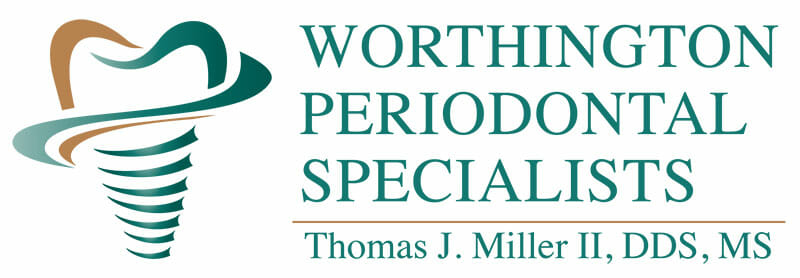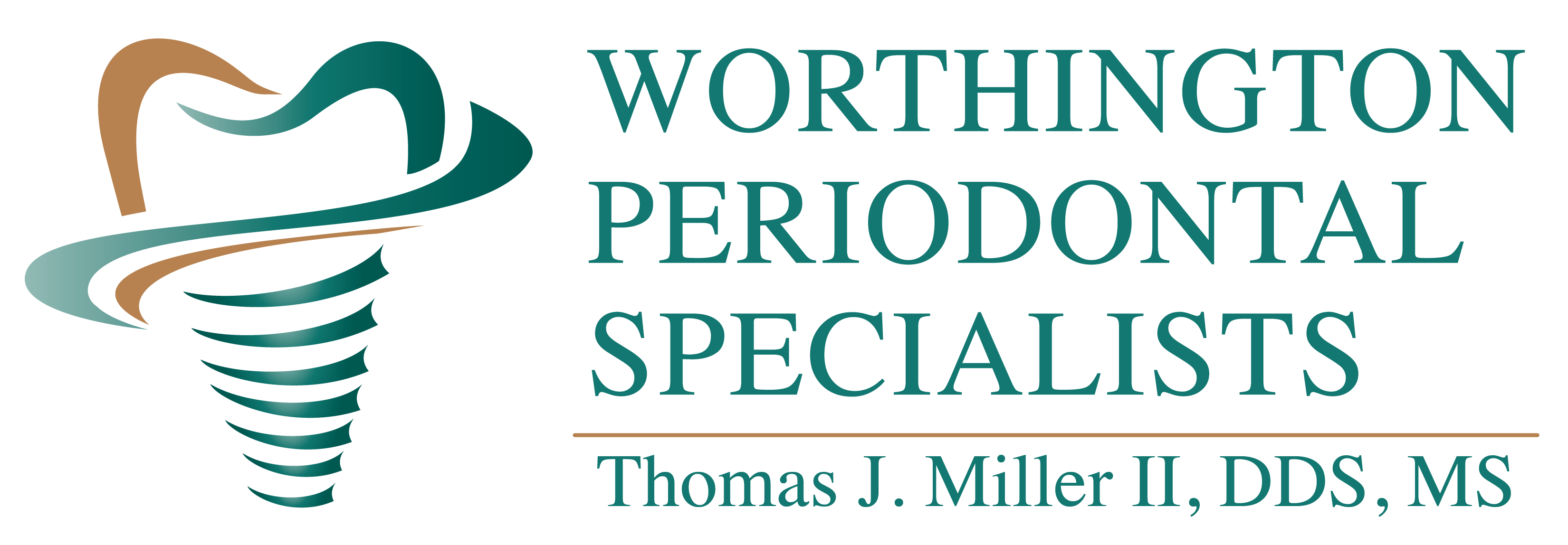Are You Tired of Living With Chronic Jaw, Neck and Back Pain?
Schedule Your TMJ Consultation Today! Appointments
Do You Experience These TMJ Symptoms?
- Pain or tenderness in the face, jaw joint area, neck and shoulders, and in or around the ear when you chew, speak, or yawn
- Limited ability to open the mouth wide
- Jaws that get “stuck” or “lock” in the open-or closed-mouth position
- Clicking, popping, or grating sounds in the joint when the mouth is opened or closed
- Headaches or neck aches
- Upper shoulder pain
Don't Live With Chronic Headaches!
Factors That Contribute To:
The main cause of TMJ syndrome is still unknown, but scientists believe that the symptoms are a result of problems in the muscles of the jaw or with parts of the joint.
Known factors that contribute to TMJ include:
- Trauma
- Bruxism, or teeth grinding
- Clenching
- Osteoarthritis
- Rheumatoid Arthritis
Featured Services
- Bone Grafting
- Bruxism Teeth Grinding
- Chao Pinhole Surgical Technique (PST)
- Dental Implants
- Gingivectomy
- Guided Tissue Regeneration
- Gum Grafting
- Osseous Surgery
- Periodontal Maintenance
- Periodontal Plastic Surgery
- Ridge Augmentation
- Ridge Preservation
- Scaling and Root Planing
- Sedation
- Sinus Lift
- TMJ
- Tooth Extraction
For New Patients
TMJ in Worthington and Columbus, OH
Temporomandibular Joint Disorder occurs as a result of problems with the jaw, jaw joint, and surrounding facial muscles that control movement of the jaw. It is referred to as TMD (temporomandibular disorder) or TMJ syndrome. The temporomandibular joint (TMJ) is the hinge joint that connects the lower jaw to the bone of the skull. This joint is located immediately in front of the ear on each side of the head. The muscles attached to the jaw allow the jaw an incredible amount of movement, such as side to side and up and down. This flexibility allows us to chew, talk, and yawn. A doctor for TMJ pain can determine if you have TMD.
What is TMD?
Those who suffer from TMD experience severe TMJ pain and discomfort. This pain can last for as many as several years or just a few months. More women experience TMJ pain than men and the disorder is most often seen in people between 20 to 40 years of age. It is important to report any TMD symptoms to your doctor for TMJ.
Symptoms include:
• Pain or tenderness in the face, jaw joint area, neck and shoulders, and in or around the ear when you chew, speak, or yawn
• Limited ability to open the mouth wide
• Jaws that get “stuck” or “locked” in the open or closed mouth position
• Clicking, popping, or grating sounds in the joint when the mouth is opened or closed
• Tired feeling in the face or neck
• Difficulty chewing
• Sudden uncomfortable feeling when biting
• Swelling on the side of the face
• Toothaches
• Headaches or neck aches
• Dizziness
• Earaches
• Hearing problems
• Upper shoulder pain
• Ringing in the ears
What Causes TMJ Syndrome?
The main cause of TMJ syndrome is still unknown, but scientists believe that the symptoms are a result of problems in the muscles of the jaw or with parts of the joint.
Known factors that contribute to TMJ syndrome include:
• Trauma
• Bruxism, or teeth grinding
• Clenching
• Osteoarthritis
• Rheumatoid Arthritis
Treatment Options for TMD
Most often, TMJ symptoms will go away on their own because your jaw joint will rest and recover while you are unable to chew. At home treatments for TMD include taking an anti-inflammatory pain medication, such as aspirin or ibuprofen, eating soft foods, and applying warm compresses to the area of pain.
However, if the symptoms of TMD do not go away on their own, then medical treatment may be required. Your doctor for TMJ may show you some muscle stretching and relaxation exercises to perform at home that may help to relax the jaw. You may be fitted with an occlusal or night guard that fits over your upper and lower teeth like a mouth sports guard, especially if you have the habit of teeth grinding. The splint is designed to reduce clenching or teeth grinding at night, thus easing muscle tension.
If the noninvasive treatment options do not reduce your pain or tenderness, more invasive procedures may be recommended by your doctor for TMJ. Options such as cortisone shots can help relieve inflammation and pain. A small percentage of patients require jaw joint replacement surgery to replace the jaw joint with an artificial implant.
Teeth grinding is often one of the most common contributors to TMJ Disorder. Schedule a consultation with Dr. TJ Miller II to discuss your TMD treatment options!



Review our office or socialize with us!